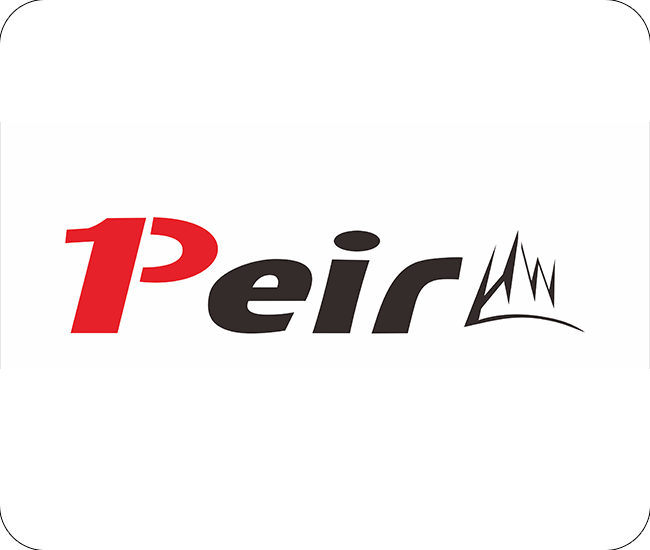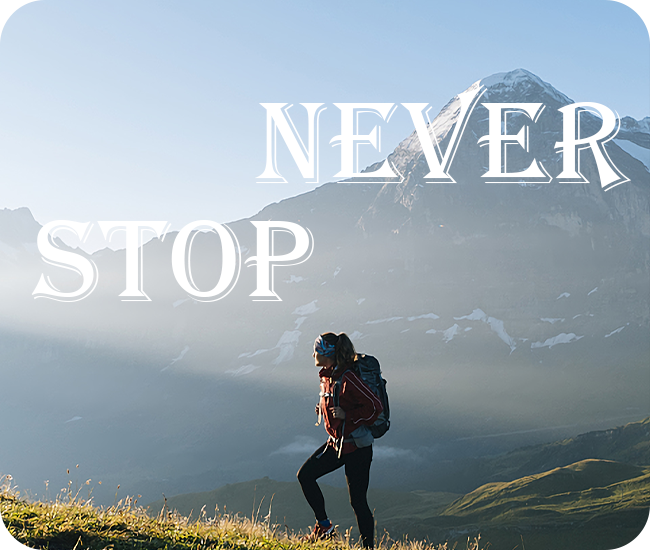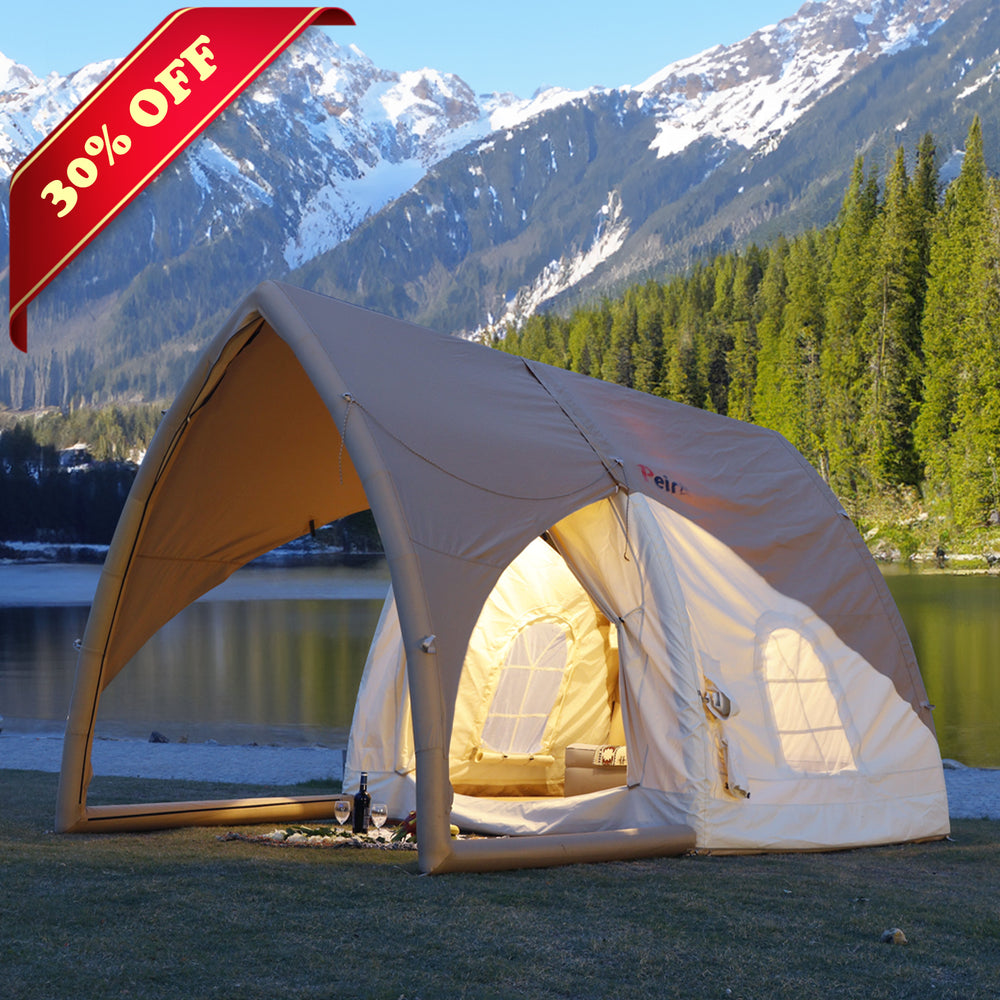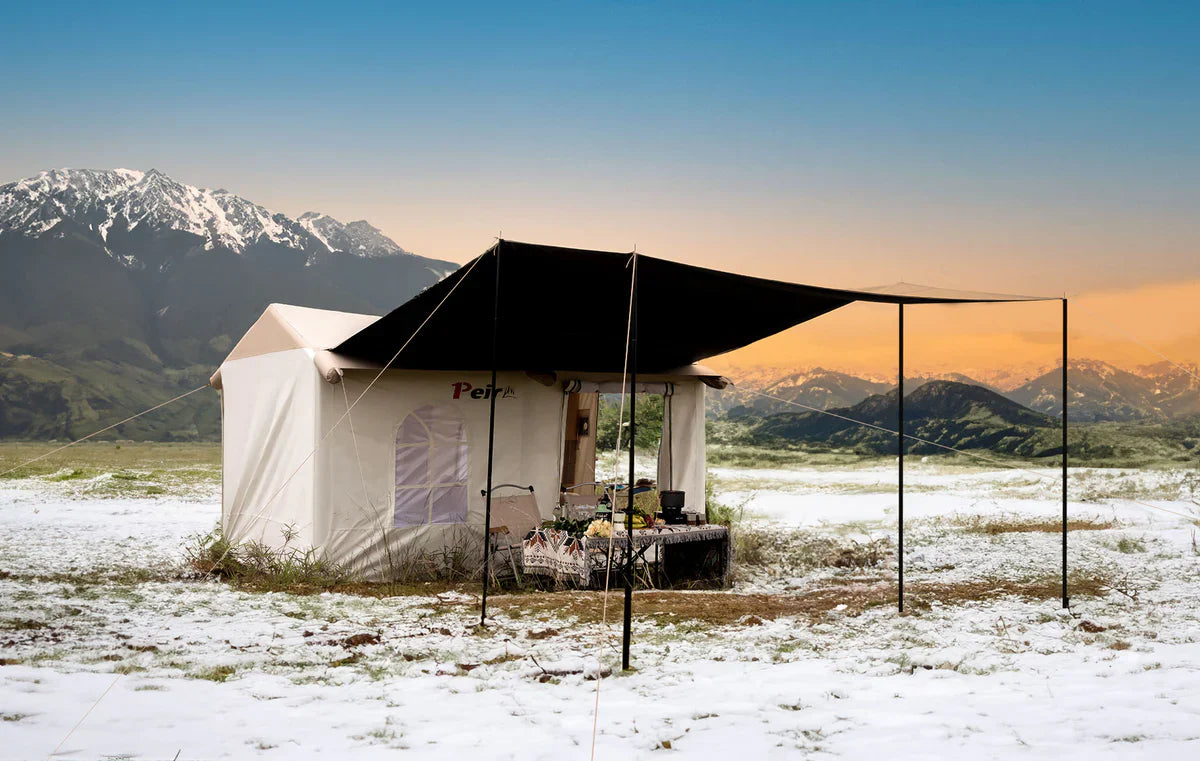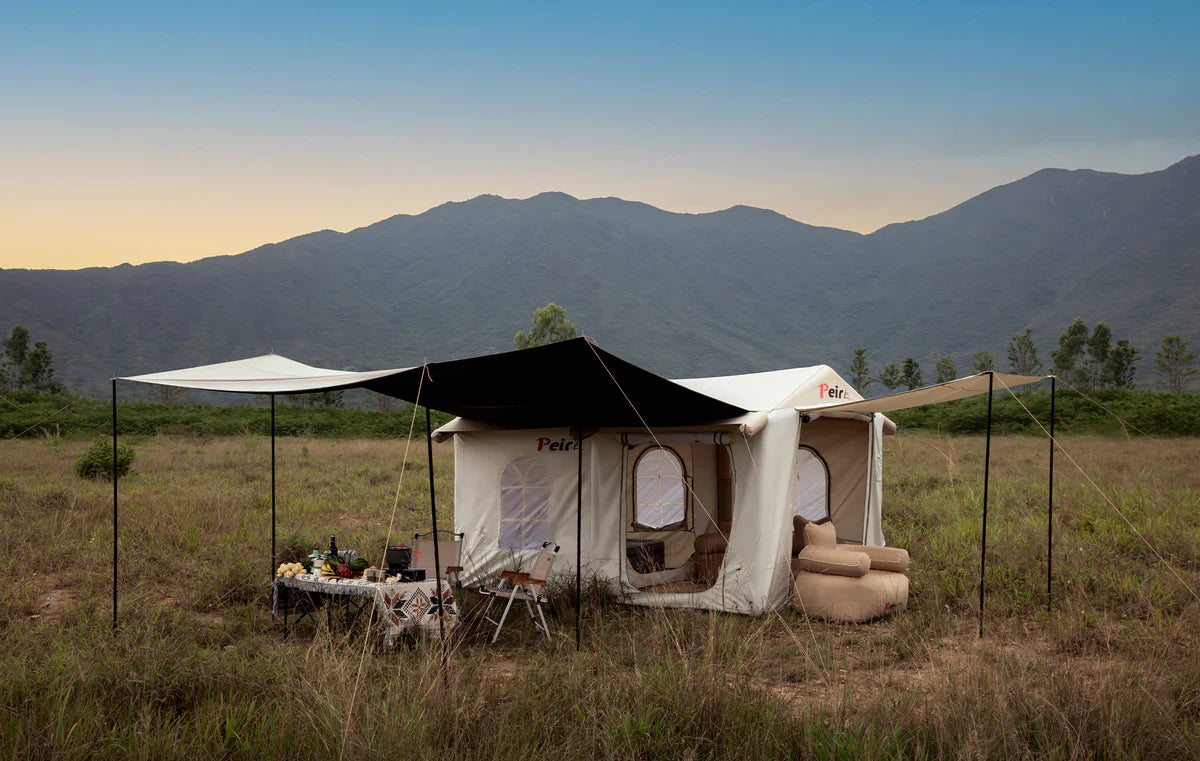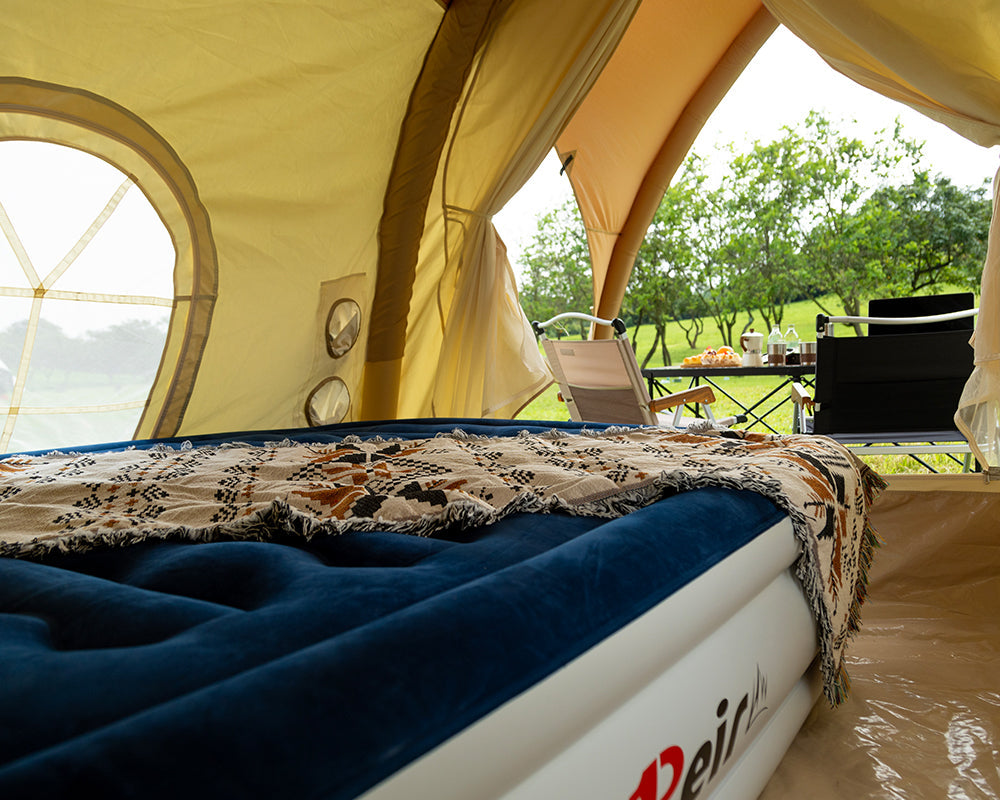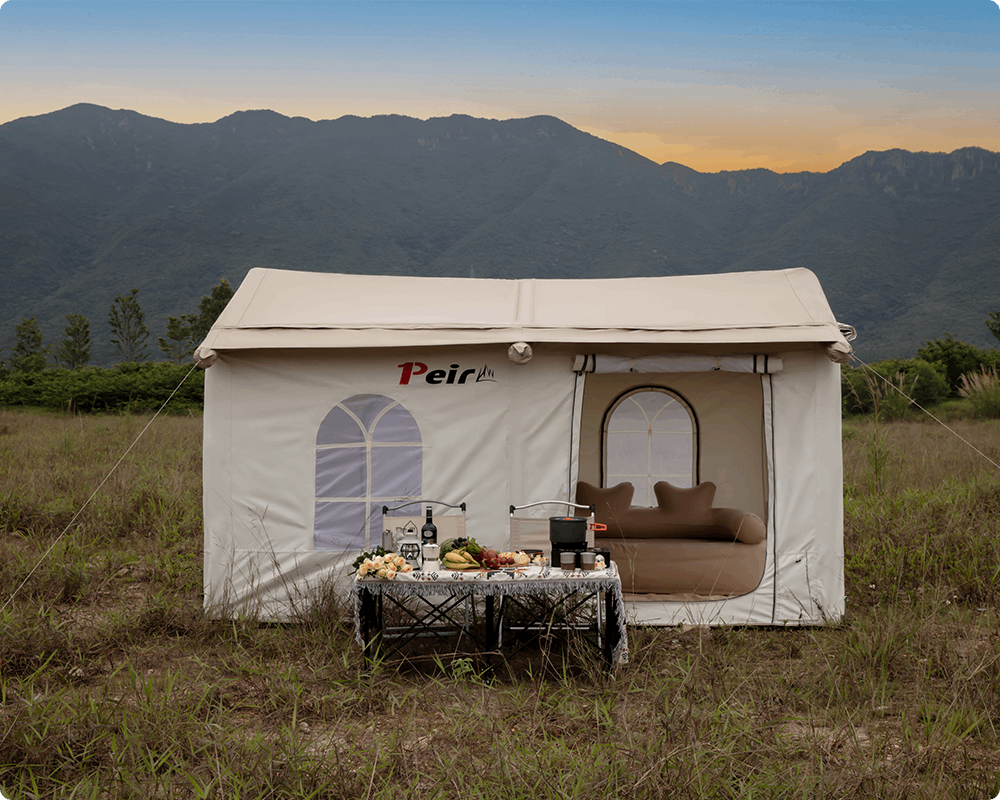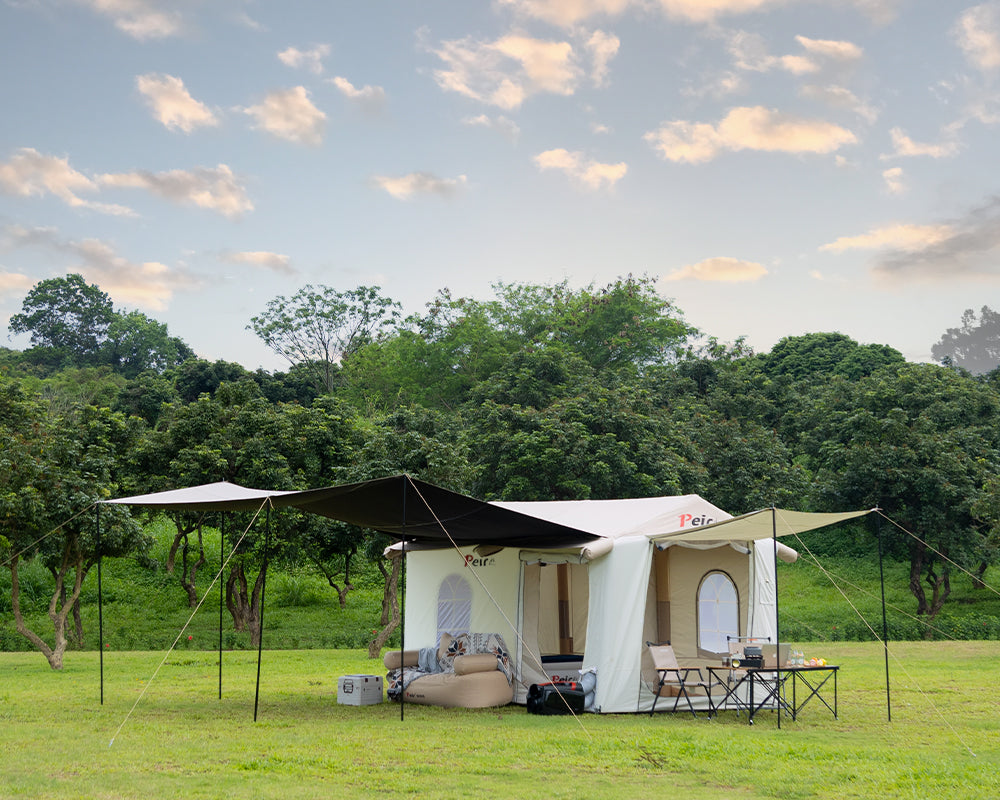Embarking on your first camping trip is an exciting adventure that promises new experiences and a chance to connect with nature. However, preparation is key to ensuring your trip goes smoothly. After my own first camping experience—where I forgot a few crucial items (like a flashlight, of all things!)—I realized the importance of a comprehensive checklist. Below, I’ve outlined an extensive guide to help you pack efficiently and confidently for your first camping adventure.
1. Shelter and Sleep Essentials
The cornerstone of a good camping trip is a comfortable and secure place to sleep. Here's what you need:
- Tent: Choose a tent that suits the number of people in your group and can withstand the weather conditions of your destination. Look for features like waterproofing and ventilation.
- Ground tarp or footprint: Protects your tent floor from moisture and abrasion.
- Sleeping bag: Opt for one rated for the temperatures you'll encounter.
- Sleeping pad or air mattress: Provides insulation and comfort. Trust me, the ground can be unforgiving!
- Pillow: A small, packable camping pillow works best, but a regular pillow is fine if you have space.
- Extra blankets: Nights can be colder than expected, even in summer.
Personal Tip: Test your tent setup at home before heading out. During my first trip, I wasted over an hour figuring out which pole went where—don’t let that be you!
2. Clothing and Footwear
Dressing appropriately for the outdoors is crucial for comfort and safety.
- Base layers: Moisture-wicking shirts and thermal leggings for colder weather.
- Outer layers: Weather-appropriate jackets (e.g., waterproof or insulated).
- Pants and shorts: Durable and quick-drying materials are best.
- Socks: Pack extra pairs; wet feet can ruin your day.
- Hiking boots or sturdy shoes: Break them in beforehand to avoid blisters.
- Sandals or camp shoes: For walking around the campsite.
- Hat: For sun protection or warmth.
- Gloves: If camping in colder climates.
- Rain gear: A lightweight rain jacket or poncho is a must.
Personal Tip: Layering is your best friend. I underestimated how chilly mornings could get on my first trip and regretted not having enough warm layers.
3. Cooking and Dining Gear
Food always tastes better outdoors, but you'll need the right tools to enjoy it.
- Camp stove or portable grill: Lightweight and easy to use.
- Fuel or charcoal: Ensure compatibility with your cooking gear.
- Cookware: Pots, pans, and a kettle for boiling water.
- Utensils: Spatula, tongs, knives, and eating utensils.
- Plates and bowls: Opt for reusable, lightweight options.
- Cups or mugs: For both hot and cold beverages.
- Cooler and ice packs: Keeps perishable food fresh.
- Food storage containers: Airtight and critter-proof.
- Trash bags: Leave no trace behind.
- Biodegradable soap and sponge: For washing dishes.
Portable water filter or purification tablets: In case clean water isn’t available.
Personal Tip: Pre-plan and prep meals at home. Chopping vegetables in advance saved me time and hassle during my trip.
4. Safety and Navigation
Your safety should always be a top priority when exploring the outdoors.
- First aid kit: Include band-aids, antiseptic wipes, and any personal medications.
- Multi-tool or knife: Handy for a variety of tasks.
- Flashlights or headlamps: Bring extra batteries.
- Firestarter: Matches, lighters, or a magnesium fire starter.
- Map and compass: Don’t rely solely on your phone—signals can be unreliable.
- Whistle: For emergencies.
- Bug spray: Keeps mosquitoes and other pests at bay.
- Sunscreen: Protects against UV rays.
Personal Tip: Practice using your compass before you hit the trail. I got lost on my first hike and wished I’d taken the time to learn beforehand.
5. Personal Items
Staying comfortable and hygienic is essential, even in the wild.
- Toiletries: Toothbrush, toothpaste, biodegradable soap, and a quick-drying towel.
- Toilet paper: Don’t assume the campsite will provide it.
- Hand sanitizer: A camping essential.
- Moisture wipes: For a quick clean-up.
- Prescription glasses or contacts: Plus spares if possible.
Medication: Include a few extra doses just in case.
6. Entertainment and Extras
Camping is about enjoying the moment, but having some entertainment can make downtime more enjoyable.
- Books or e-readers: For relaxation.
- Board games or cards: Perfect for group fun.
- Camera: Capture the memories.
- Binoculars: For birdwatching or stargazing.
- Notebook and pen: To jot down reflections or sketches.
Personal Tip: Don’t underestimate the joy of sitting by a campfire with a good book. It’s one of my favorite ways to wind down after a day of hiking.
7. Food and Snacks
Bring enough food to keep your energy levels up during the trip.
- Trail mix and nuts: Perfect for quick energy.
- Dried fruit: Lightweight and nutritious.
- Granola bars: Easy to pack and filling.
- Canned goods: Beans, soups, or ready-to-eat meals.
- Fresh produce: Apples, carrots, and other durable fruits or veggies.
- Coffee or tea: Don’t forget your caffeine fix!
8. Optional Luxuries
While not essential, these items can elevate your camping experience.
- Hammock: Ideal for relaxation.
- Portable fan or heater: For extreme weather conditions.
- Camp chairs: Sitting on the ground gets old quickly.
- Solar charger: Keeps your devices powered up.
Recommended Reading:
https://peirhwoutdoor.com/collections/inflatable-camping-tent
Final Thoughts
Your first camping trip can be both exciting and a bit daunting. Packing smartly and being prepared will help you fully enjoy the experience. Remember, it's okay if you forget something minor—part of the fun is adapting to the outdoors. After my first trip, I couldn’t wait to plan the next one, armed with the lessons I learned. Hopefully, this checklist will save you from a few of the rookie mistakes I made.
So, are you ready to embrace the wild? Pack up, head out, and let nature surprise you!






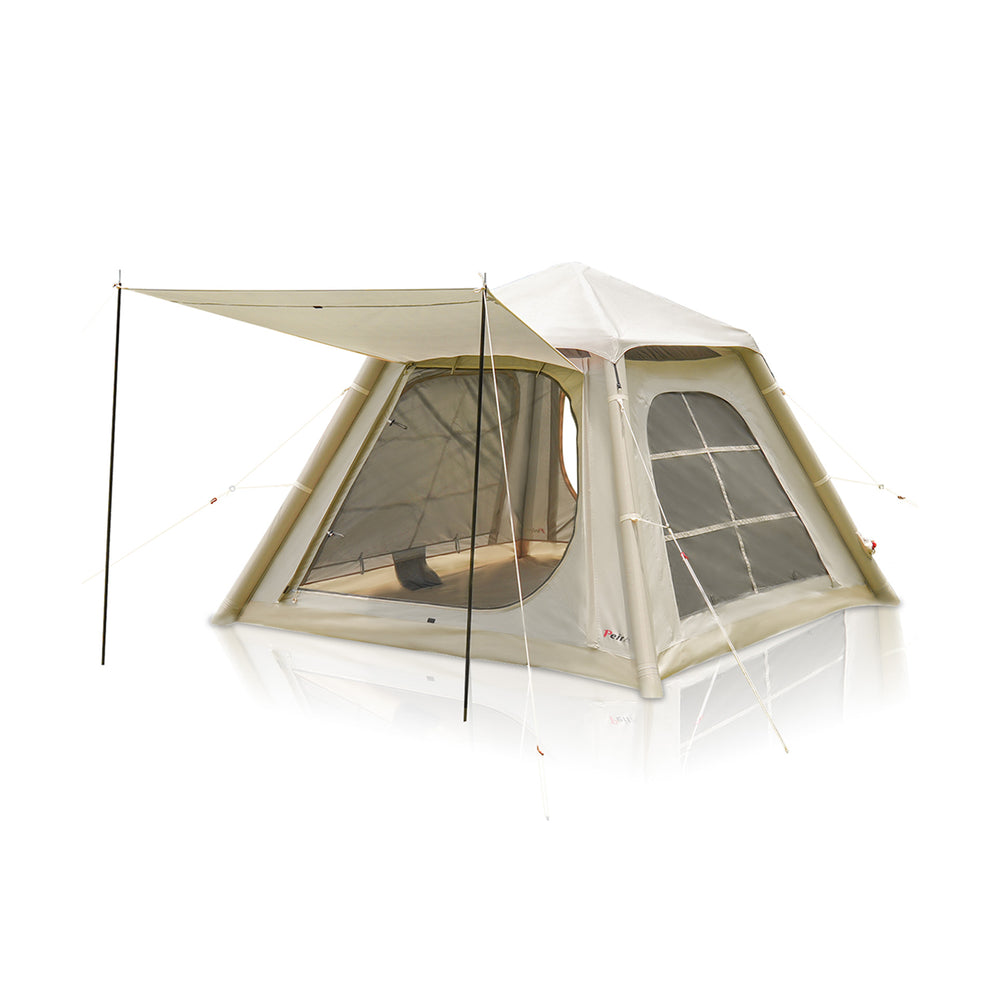
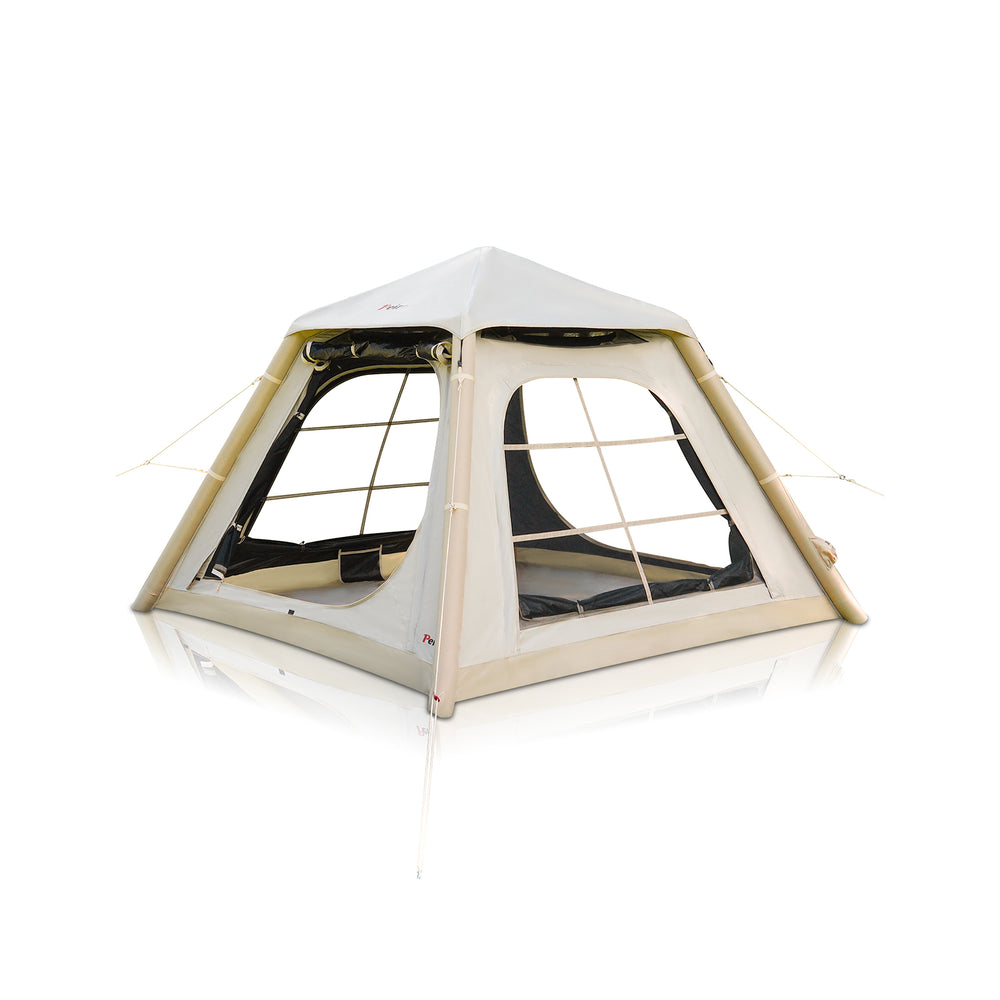
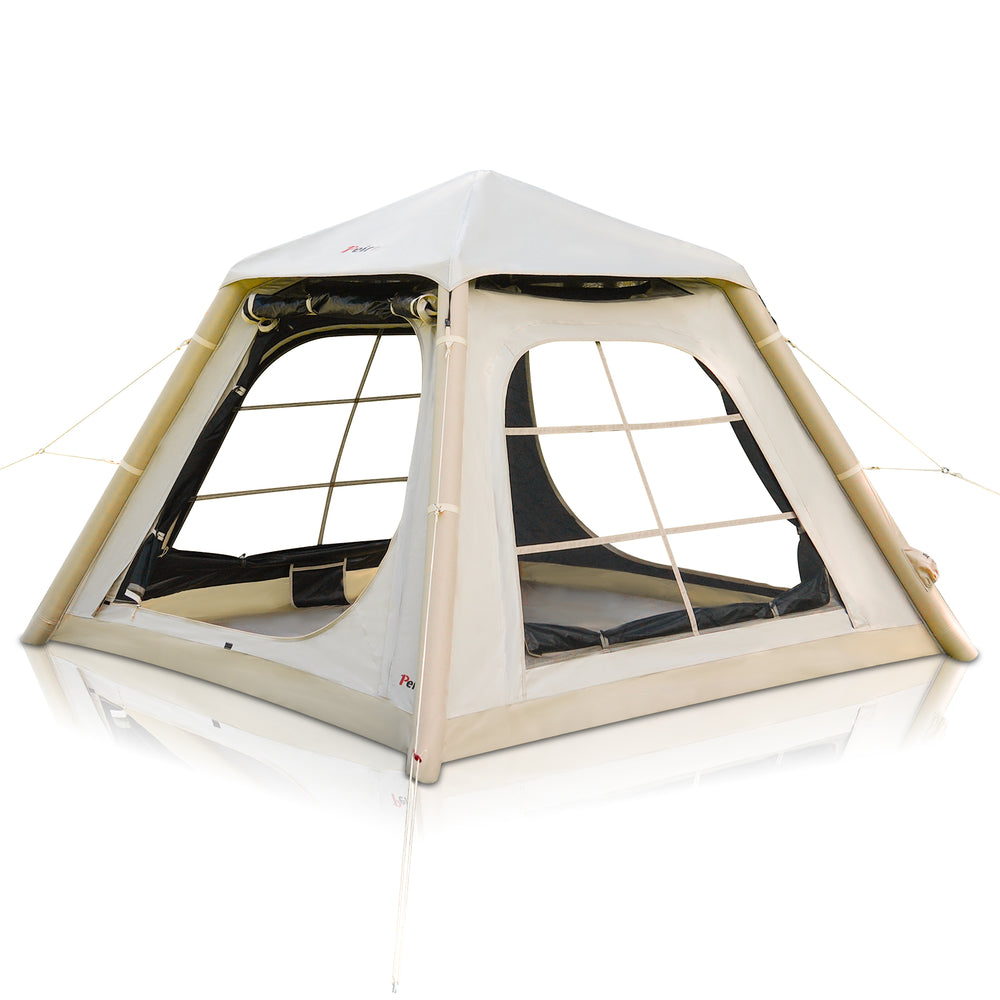
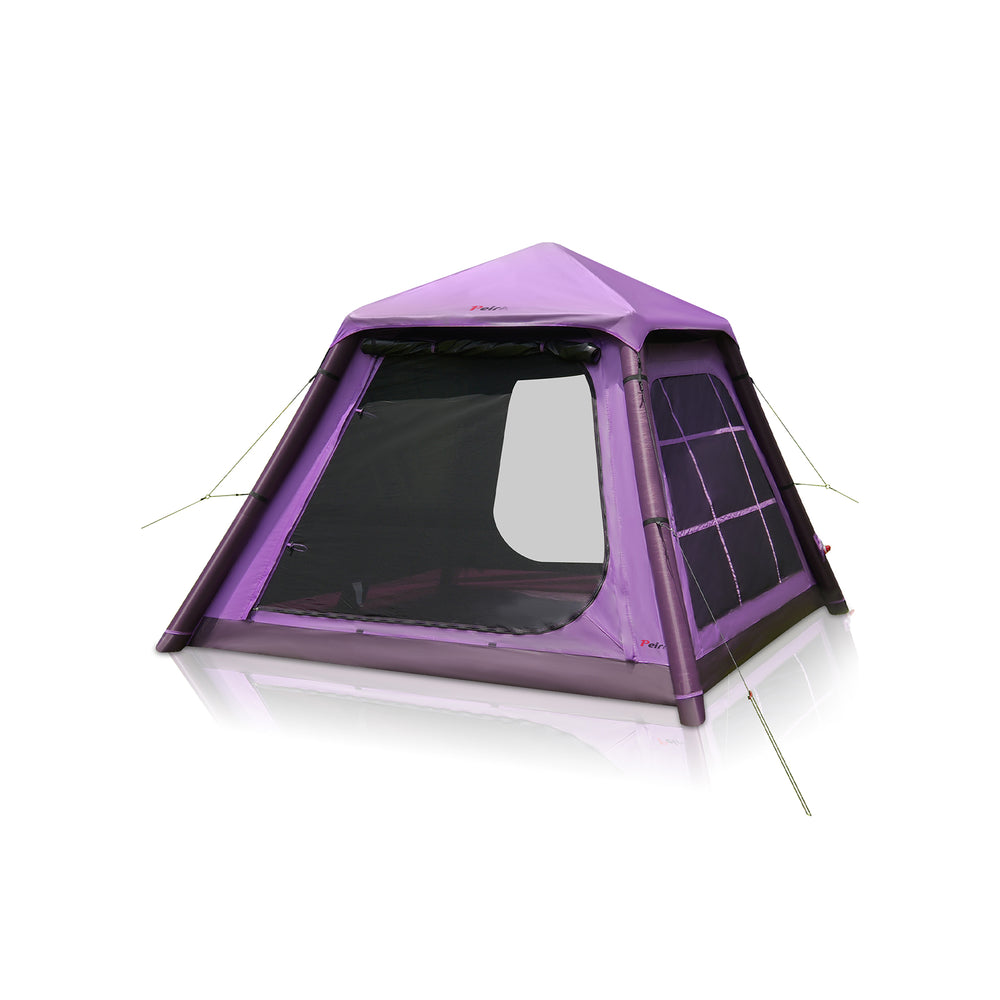


 Peirhw Inflatable House Tent - Starry Night Love
Peirhw Inflatable House Tent - Starry Night Love
 Peirhw Glamping Tents - Friendship Castle
Peirhw Glamping Tents - Friendship Castle
 Peirhw Inflatable Canopy Tent - Adventurer
Peirhw Inflatable Canopy Tent - Adventurer

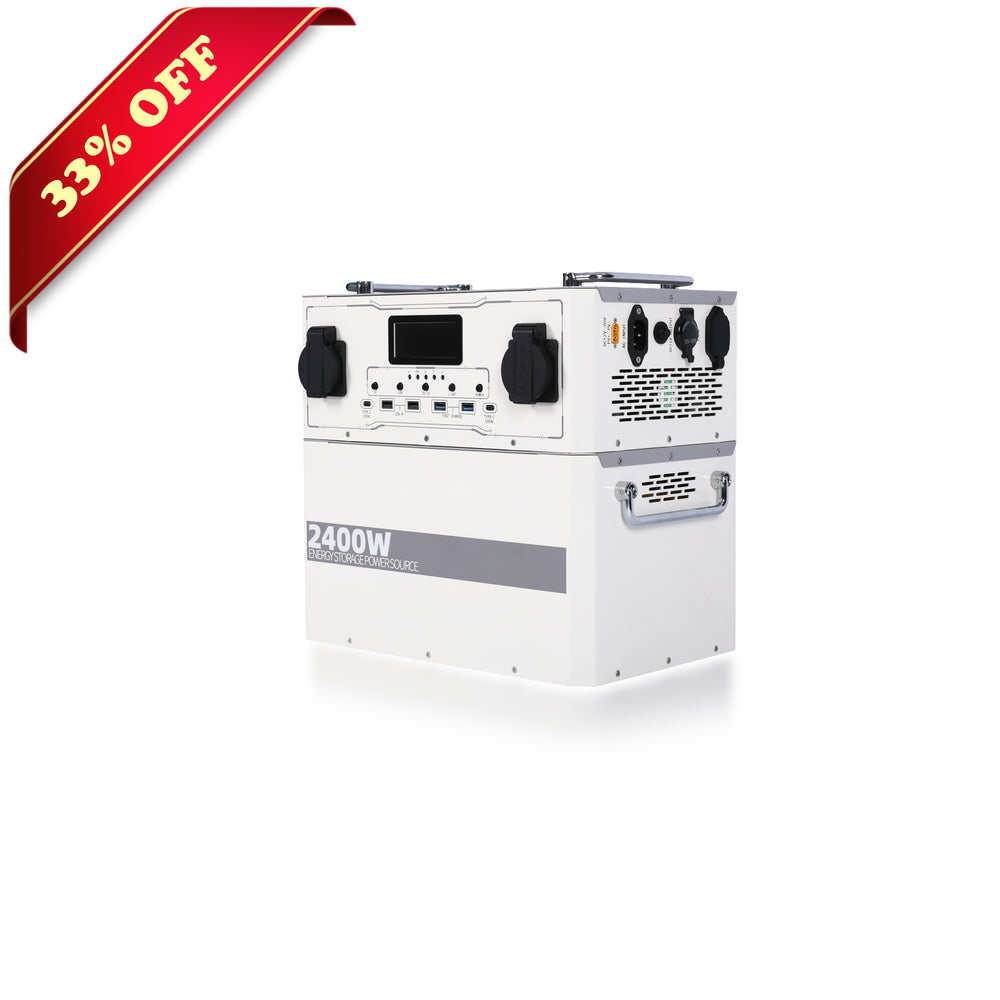
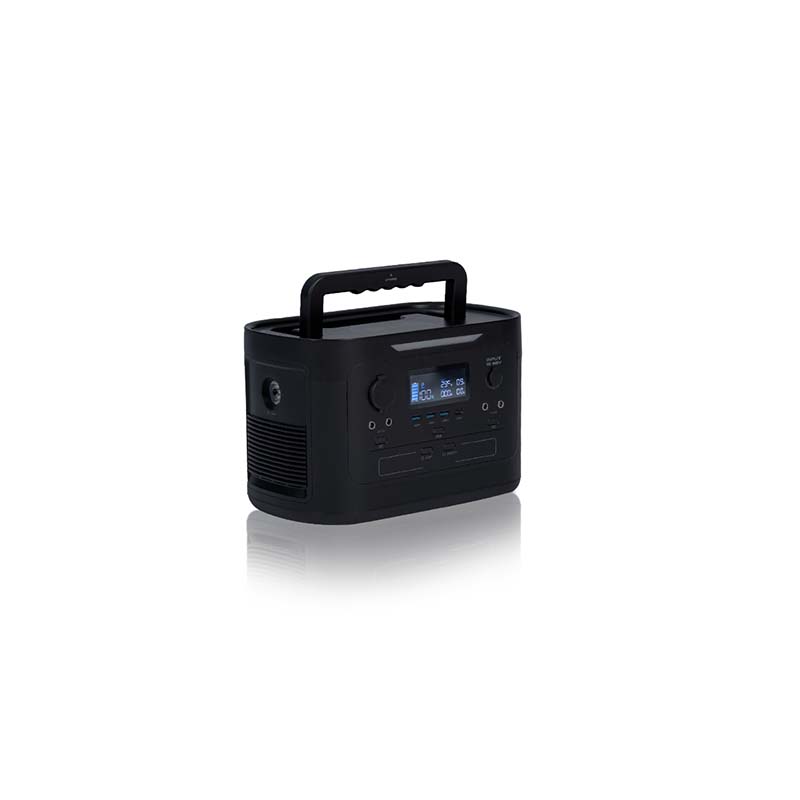
 Peirhw Portable Air Conditioner
Peirhw Portable Air Conditioner
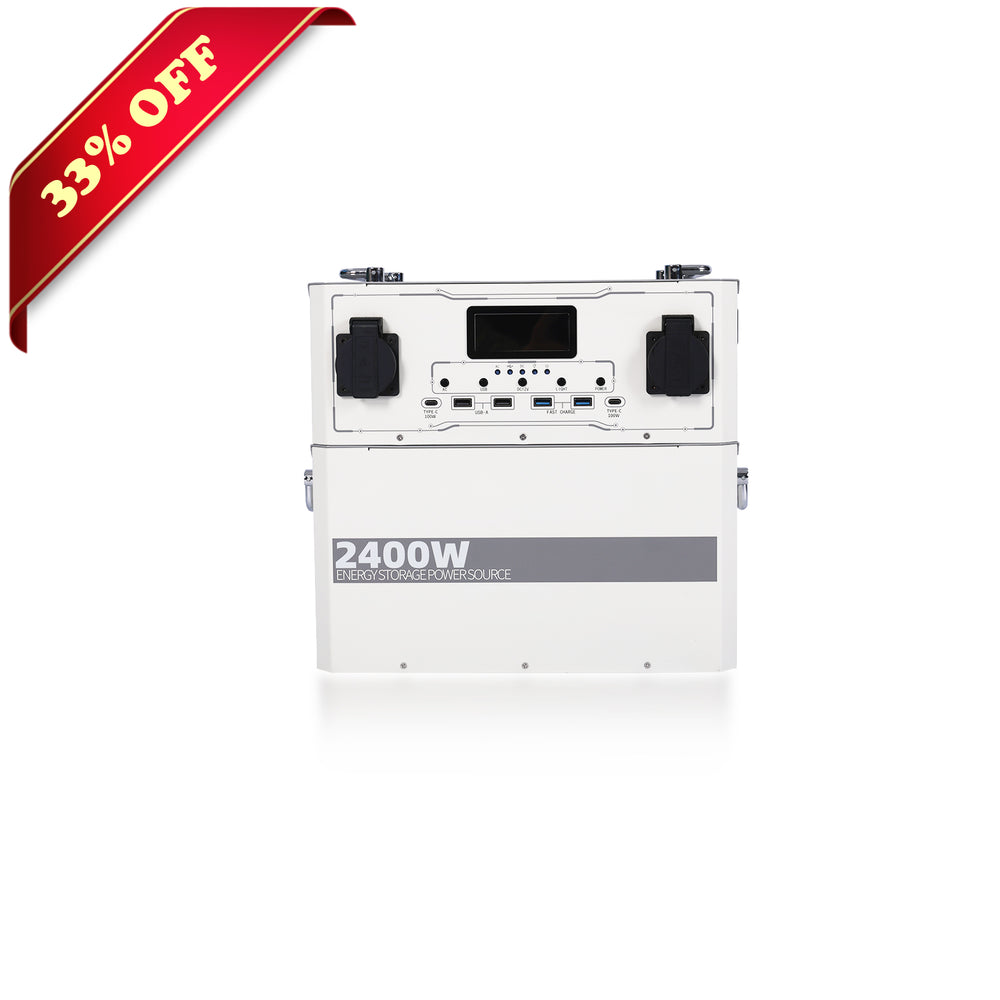 【Advance Sale】Peirhw Portable Power Station 2400W
【Advance Sale】Peirhw Portable Power Station 2400W
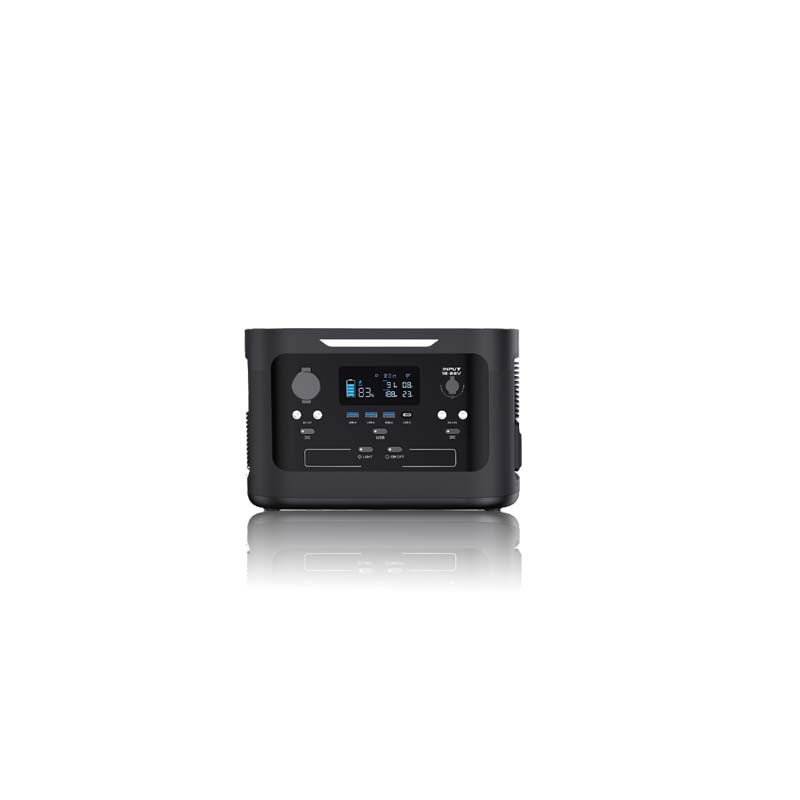 【Advance Sale】Peirhw Portable Power Station 600W
【Advance Sale】Peirhw Portable Power Station 600W

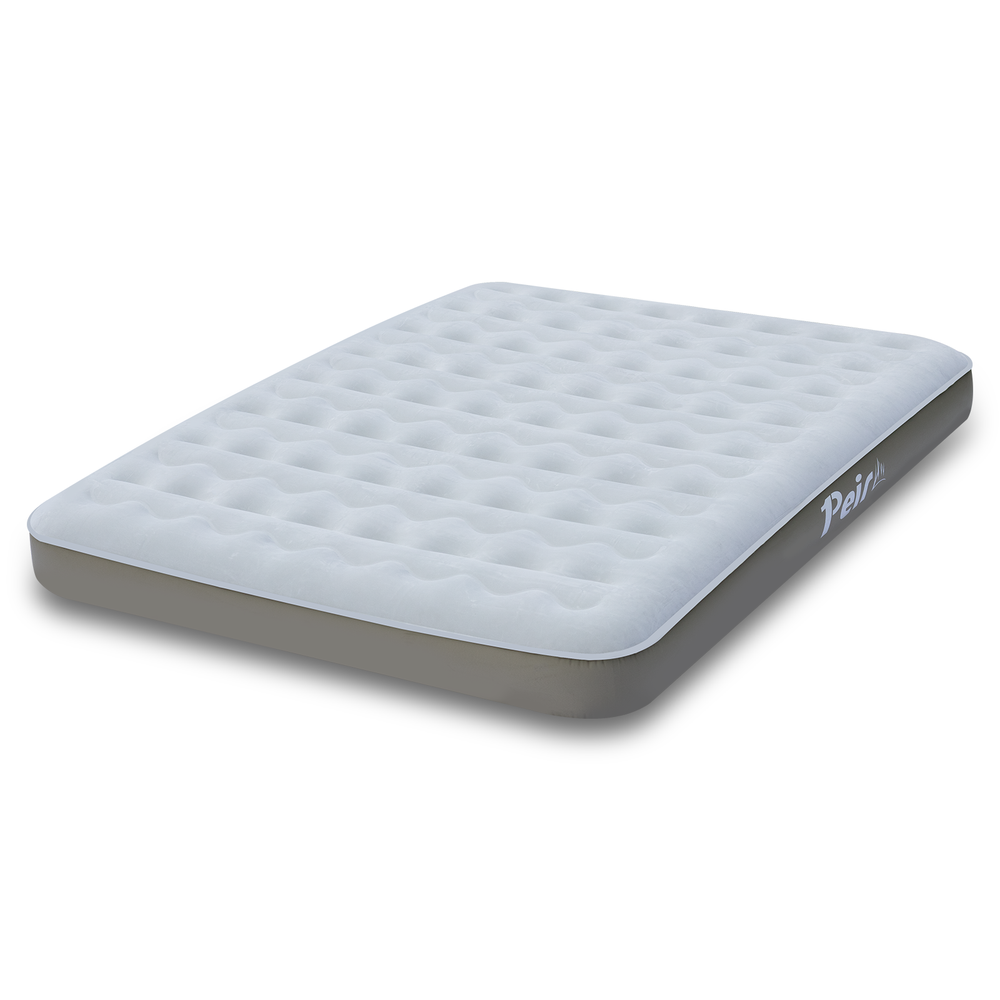



 Peirhw Self Inflating Sleeping Pad
Peirhw Self Inflating Sleeping Pad
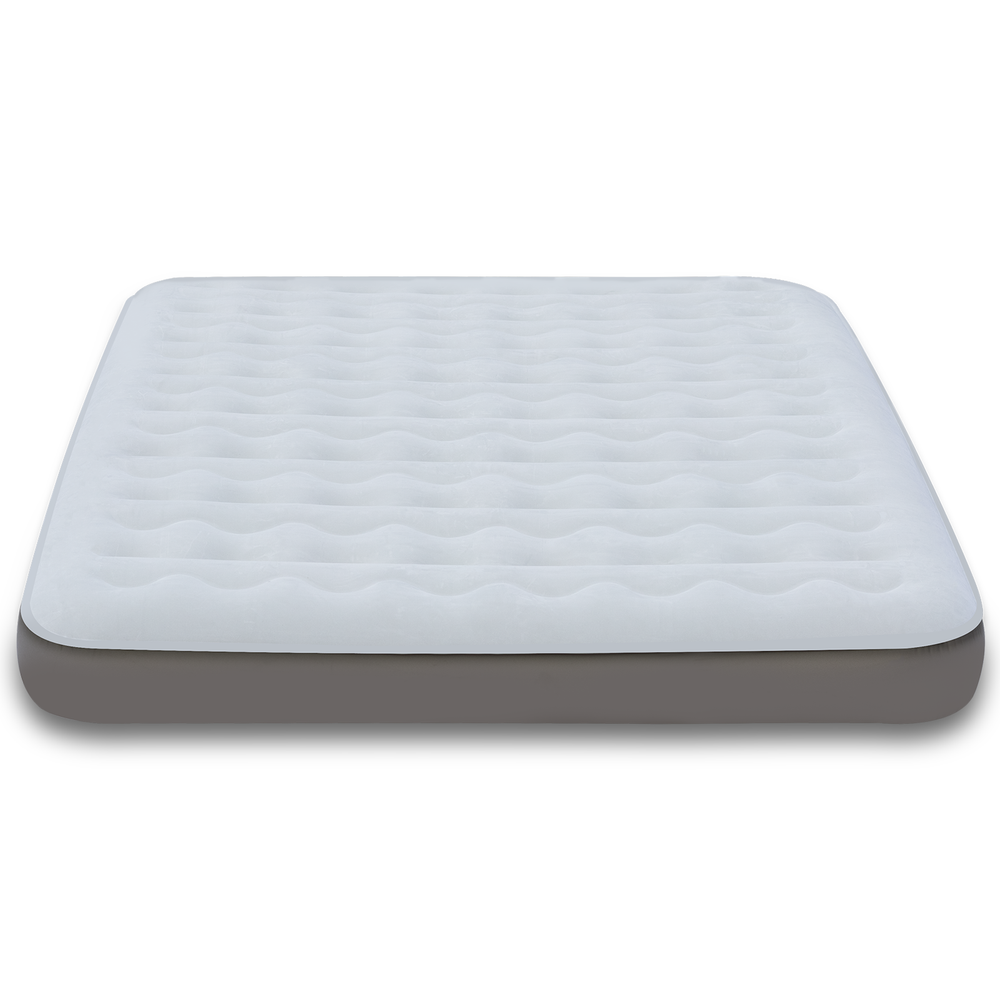 Peirhw Air Mattress (8" Queen Type)
Peirhw Air Mattress (8" Queen Type)
 Peirhw Camping Sleeping Bag
Peirhw Camping Sleeping Bag

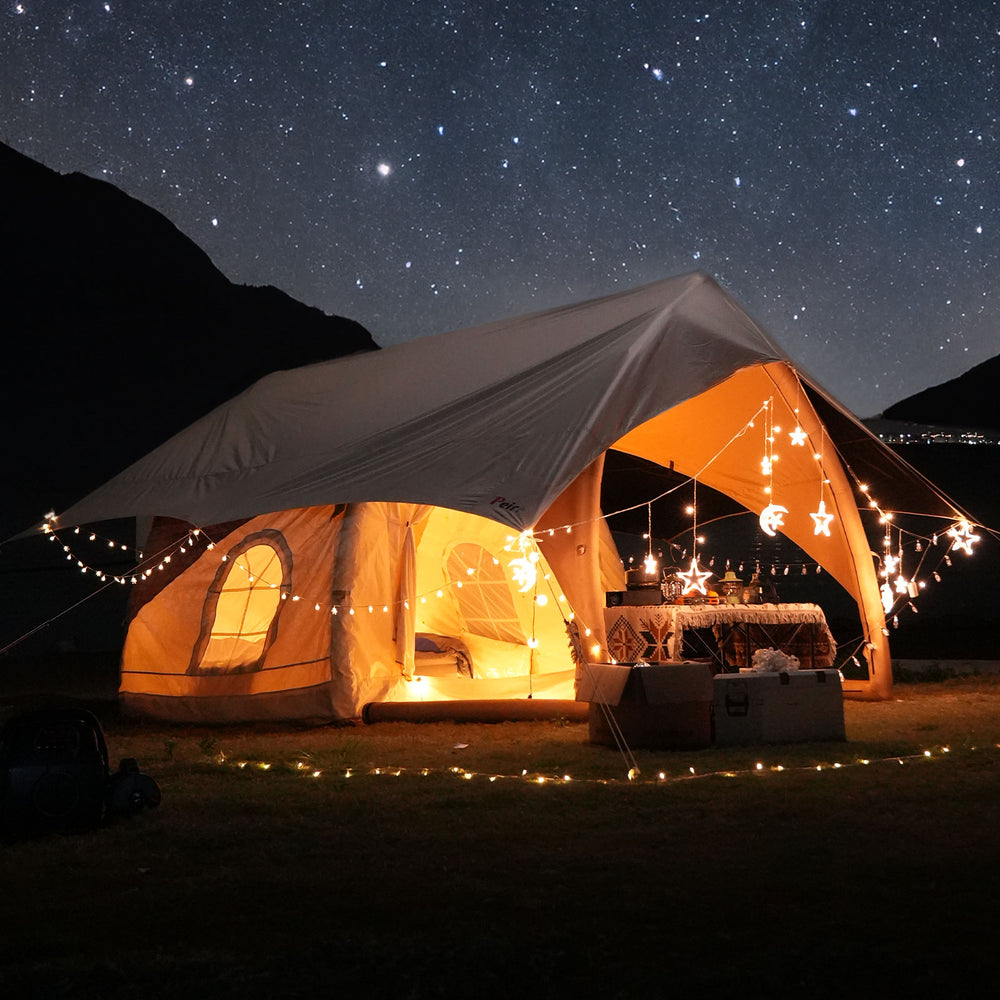
 Peirhw Butterfly-shaped Canopy for Camping
Peirhw Butterfly-shaped Canopy for Camping
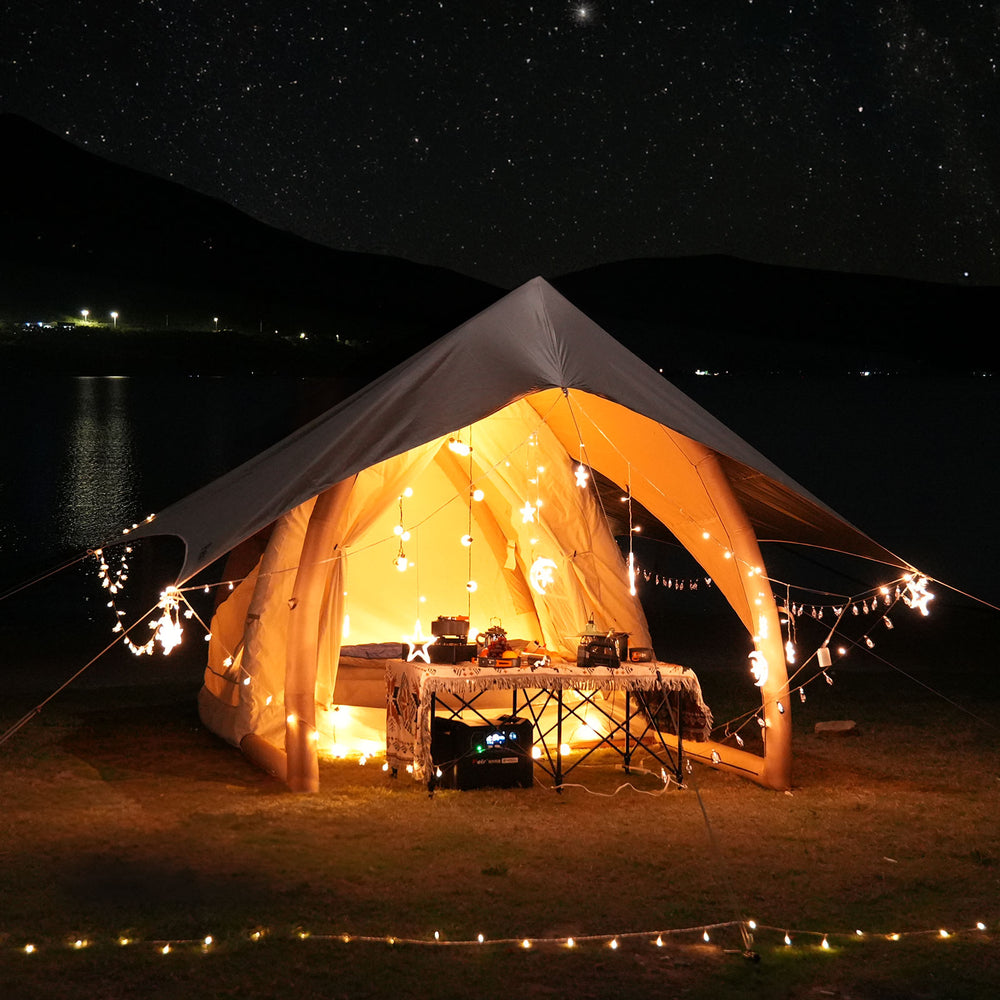 Peirhw Camping Waterproof Canopy (Cannot be Purchased Separately)
Peirhw Camping Waterproof Canopy (Cannot be Purchased Separately)

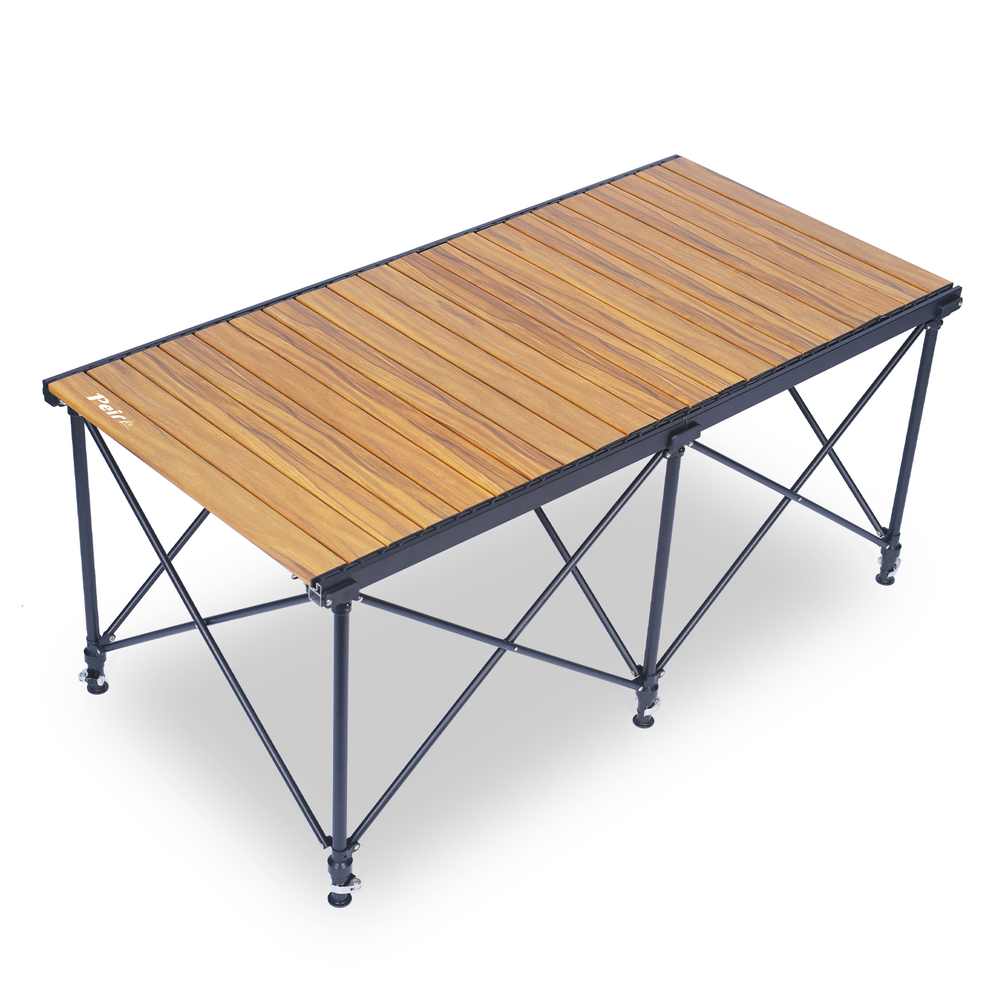
 Peirhw Outdoor Folding Chairs
Peirhw Outdoor Folding Chairs
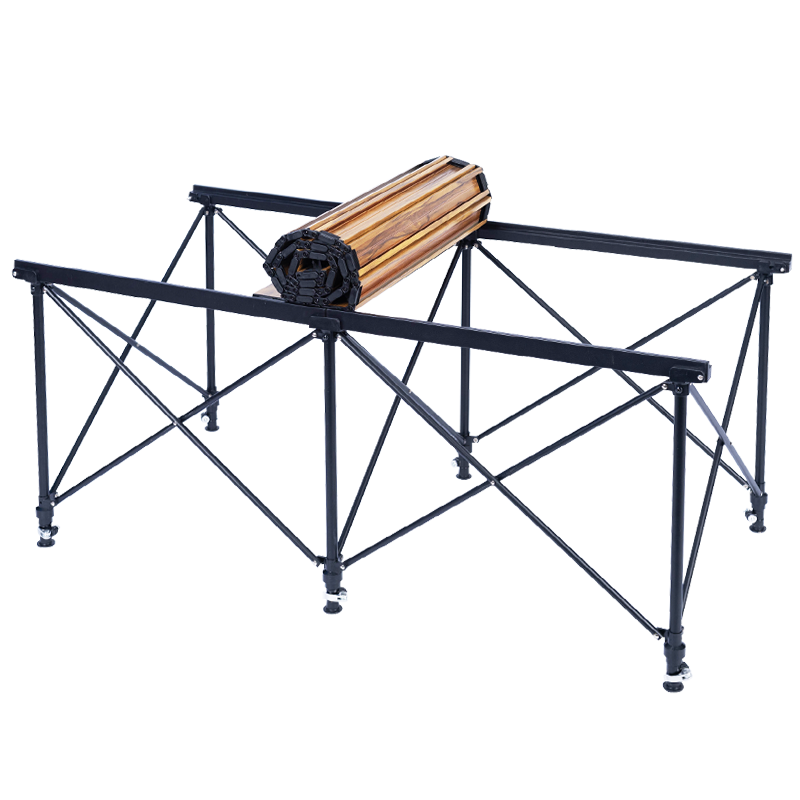 Peirhw Folding Camping Table
Peirhw Folding Camping Table
